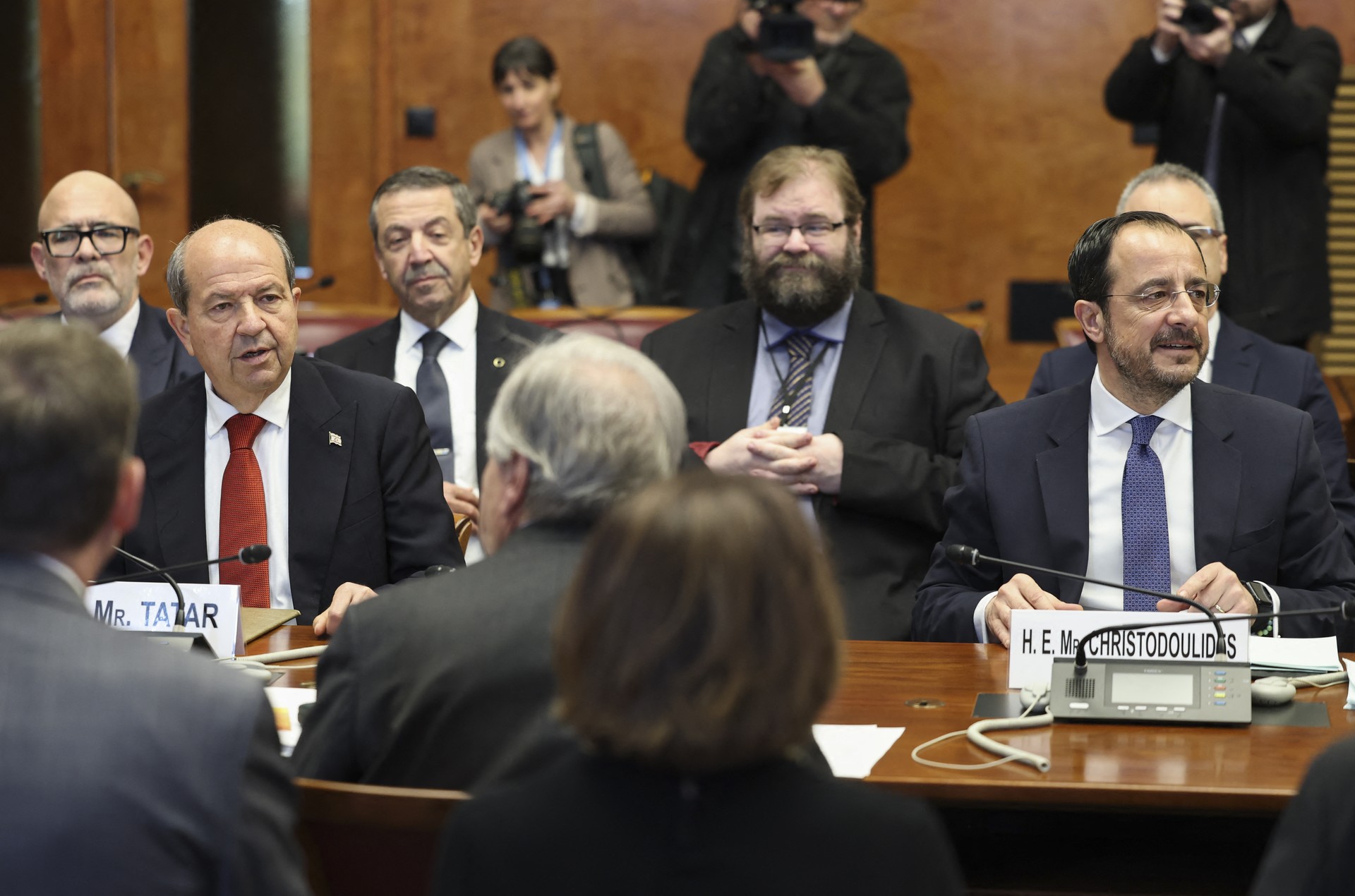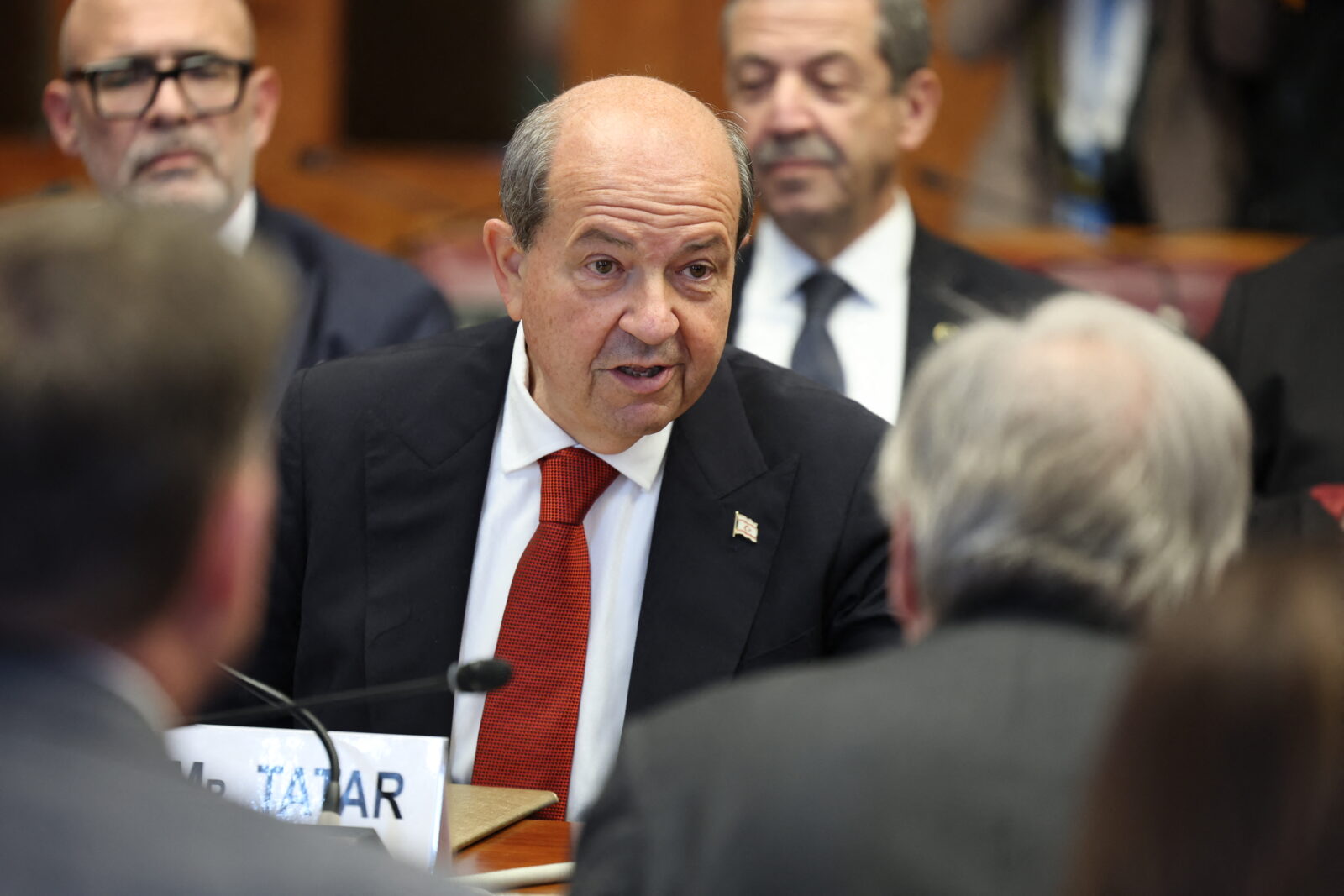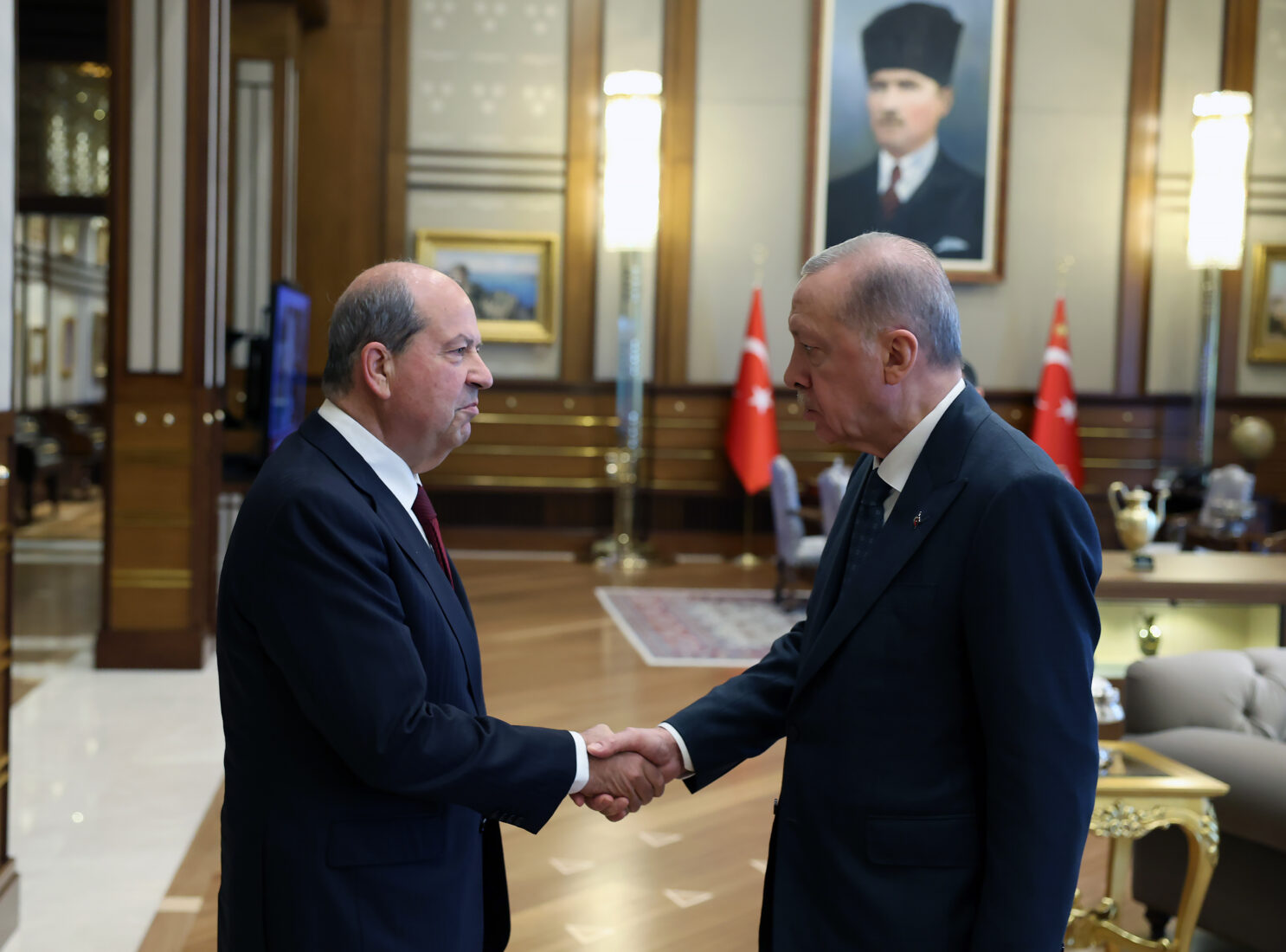
Following the informal U.N.-led talks in Geneva, the outcome has been viewed as a missed opportunity for significant progress on the Cyprus issue, according to Freedom and Fairness for Northern Cyprus.
While both sides agreed to minor confidence-building measures, the core proposal presented by the Turkish Cypriot side — aimed at fostering structured cooperation — was rejected by the Greek Cypriot administration.

The Turkish Republic of Northern Cyprus (TRNC) proposed the creation of a Cyprus Cooperation Council (CCC). This mechanism would have brought together the two leaders, their negotiators, and relevant officials to work on key island-wide issues. It also included participation from the guarantor powers and observers from both the UN and the EU.
The CCC was designed to provide a practical framework for collaboration in several critical areas:
These proposals were clear and constructive, leaving room for further areas of collaboration. However, they were rejected outright by the Greek Cypriot side.
The talks concluded with limited agreements on:
TRNC President Ersin Tatar welcomed these developments as "positive." However, he emphasized that much greater progress could have been achieved if the Greek Cypriot side had engaged with the broader vision of cooperation proposed by the Turkish Cypriots.

The refusal to recognize the sovereign equality of the Turkish Cypriot people — a principle established in the 1960 Republic of Greek Cyprus constitution — continues to hinder progress. This reflects a broader unwillingness to move beyond the outdated and failed federal framework.
As former U.K. Foreign Secretary Jack Straw wrote last week in The Independent:
“To me, the answer to this issue is simple. The only realistic way forward for the island is a two-state solution—a view shared by the TRNC and Türkiye. The Greek Cypriots remain firmly committed to the long-failed federal proposal.”